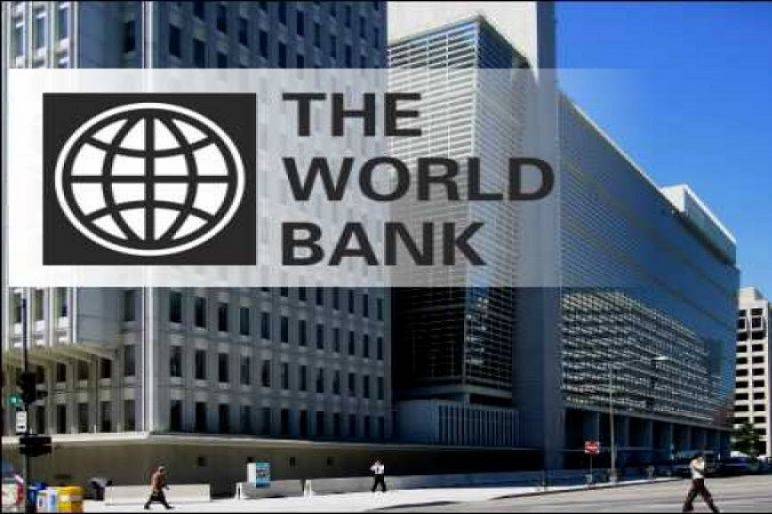The first phase of the programme to prevent human-elephant conflict that is funded by the World Bank began in Anuradhapurra and Kuunegala recently. The five years programme is effective until the end of 2022.
Anuradhapura Government Agent R.M. Wanninayake said the WB funded programme is highly beneficial for the people and wild elephants in the region since almost all attempts to control the human-elephant conflict there in the recent past have proved futile. He said 70 per cent of elephant in the North Central Province runs outside the protected areas despite many efforts have been taken to drive away elephants to reservations and protected areas.
“Development projects deprive the elephants of their traditional habitats including elephant corridors. Short-sighted development planning is mainly contributing to this tragic situation,” he said.
Cultivations, resettlements, deforestation and the slow reforestation programs have caused wild elephants to become extremely aggressive towards people. They used to avoid the people but today they are waiting to attack them,” Wanninayaka said.
“Electrified fence was either covering the affected villages or rounding up cultivations. They should be erected properly, and should be maintained regularly.
Conserving the forest cover, cultivating crops that elephants do not consume, setting up of elephant rehabilitating centres are now showing progress,” he said.
The Divisional Secretaries, wildlife offices and the forest conservation entities, agriculture development authorities have been instructed to work together to curtail human-elephant conflict under the World Bank funded conflict prevention programme.
About 181 elephants and 53 persons were killed in the conflict in 2017. In 2018, 311 jumbo deaths were reported.
(Daily News)

